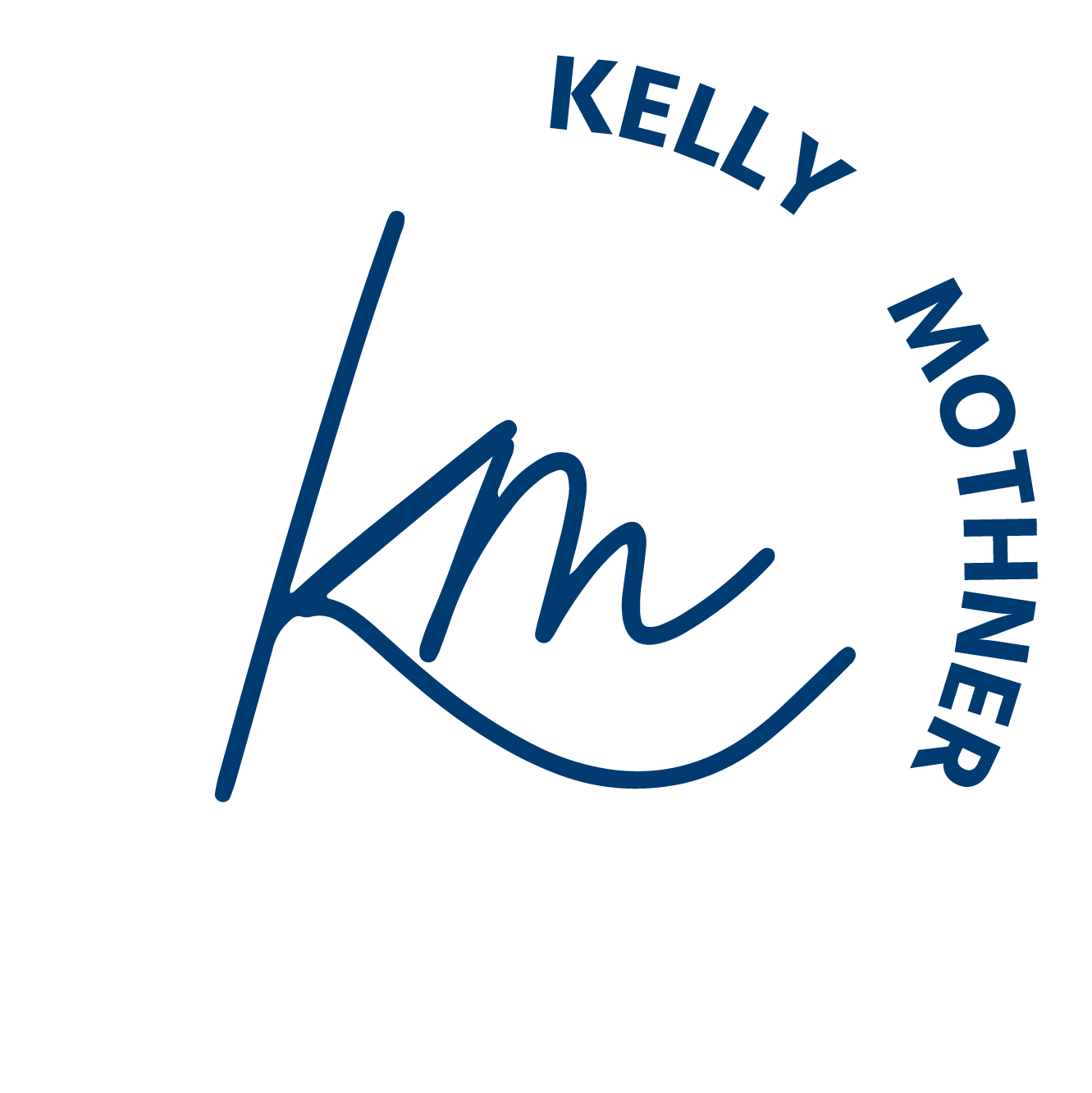Neediness Vs. Vulnerability – What’s The Difference?
One of the many complexities of intimate relationships is understanding the difference between being vulnerable and being needy. One of these helps promote connection and strengthens a relationship while the other can lead to its demise. My hope is that after reading this you will not only have greater clarity about what each of these looks like, but you will also gain some insight into how to foster vulnerability and closeness in your relationship.
What does it mean to be needy?
In its simplest form, being needy means looking to your partner to meet your needs. Their success or failure to do so has several serious implications. Since no partner is capable of meeting all of our needs, if we are relying on them for our sense of happiness or to boost our self esteem, we will end up not only feeling disappointed but also unloved, unhappy, and insecure. Neediness promotes an undesirable and unattractive dependency on our partner. This is because when our partner fails to meet our needs, we will be devastated and unable to cope. When we are needy we lack the capacity to self soothe on our own. Our self-esteem depends on external reinforcement instead of a strong internal sense of self.
What does it mean to be vulnerable?
Being vulnerable in your relationship is quite different. At its core, being vulnerable means being your true self, regardless of other people’s response or reinforcement. It means vocalizing your thoughts and your feelings even if you may not get the reaction or desired outcome that you want. It also means that when your partner disappoints you or does not meet your needs, you are able to soothe yourself. Your well-being does not depend on your partner making your feel better. Vulnerability takes courage, inner strength, and a solid sense of self and it is the key to having a healthy, resilient, and passionate relationship.
How can you start being more vulnerable in your relationship?
It can feel scary and daunting to let our guard down in our relationship, especially if we have been hurt in the past. However, by taking small steps you can begin to break down those barriers and allow your partner to get to know more and more parts of you. Here are some ways to begin the process of opening up:
- Even if it feels scary, be your true self around your partner. This means letting your partner see your strengths and your flaws.
- Build up your capacity to self soothe by finding healthy ways to manage your emotions. This makes it easier to trust that you will be okay no matter your partner’s reaction or response.
- Keep your focus on the present and away from the “what ifs”. If we are caught up in fears about the future or always anticipating worst case scenarios, we will never feel safe enough to be vulnerable. In contrast, when we are grounded in the present and able to feel gratitude for what we have, we are able to be more open and genuine — both of which promote greater vulnerability and intimacy in our relationship!
Dr. Kelly Mothner


